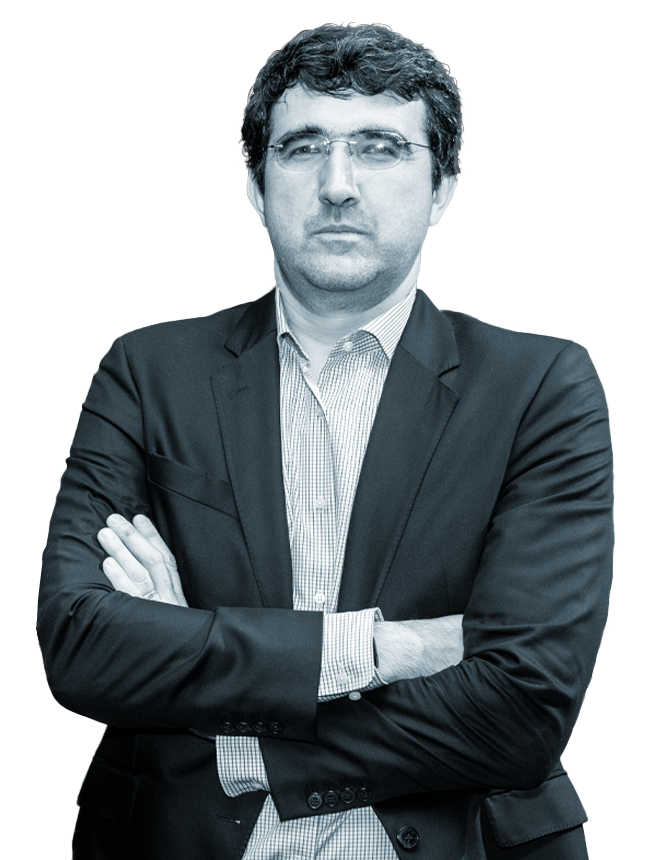Jose Raul Capablanca
Biography (1888–1942)
José Raúl Capablanca y Graupera (1888–1942) was a Cuban chess prodigy. At the age of 12, he defeated the Cuban chess champion, and at 21, he beat the U.S. champion and World Chess title challenger, Frank Marshall. When he entered Europe in 1911, Capablanca demonstrated outstanding chess skills and challenged World Chess Champion Emanuel Lasker, who initially considered resigning without a match but later agreed to play.In 1921, in Havana, Capablanca defeated Lasker without losing a single game (+4, –0, =10). In the following years, Capablanca continued to achieve remarkable results, not losing a single serious game from 1916 to 1924. Throughout his adult career, he lost only 34 games, earning him the reputation of a chess genius and a “chess machine” for his error-free play. However, in 1927, Capablanca lost his title to another chess genius, Alexander Alekhine, and a rematch between them, much to the disappointment of fans, never took place.Despite his excellent results in the late 1920s and 1930s, Capablanca’s play showed signs of decline. Nevertheless, he won the Moscow International Tournament in 1936 and achieved the best result on the first board at the Chess Olympiad in 1939.
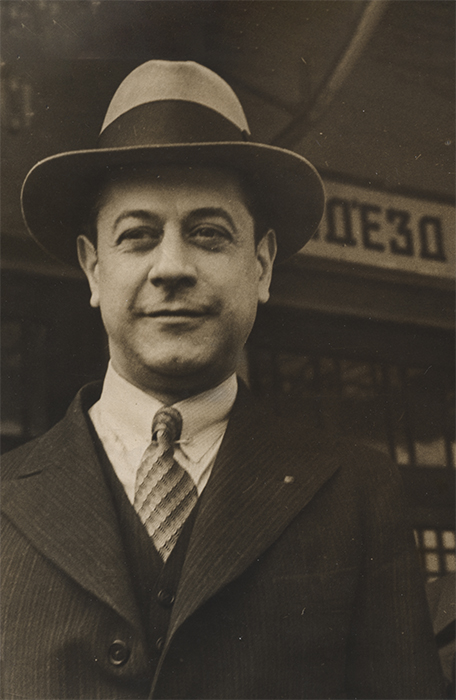
Notable game
One of Capablanca's greatest games was played in Moscow in 1914
Play like a champion!
Black to move.
Examine this position and decide on your next move. To see the correct answer, click the button below.
Want chess advice?
On Capablanca
Mikhail Botvinnik
Capablanca’s play produced, and still produces, an irresistible artistic effect. His games tended towards simplicity, and in this simplicity, there was a unique beauty of genuine depth.
Mikhail Tal
Without technique, it is impossible to reach the top in chess. Therefore, we all try to learn from Capablanca’s wonderful, subtle technique.
Anatoly Karpov
The ideal chess player can only be a composite image, but in my opinion, Capablanca comes the closest.
Bobby Fischer
Capablanca really was fantastic. Everyone I’ve spoken to who saw him play still speaks of him with awe.
.png)
Want more?
Read Capablanca books
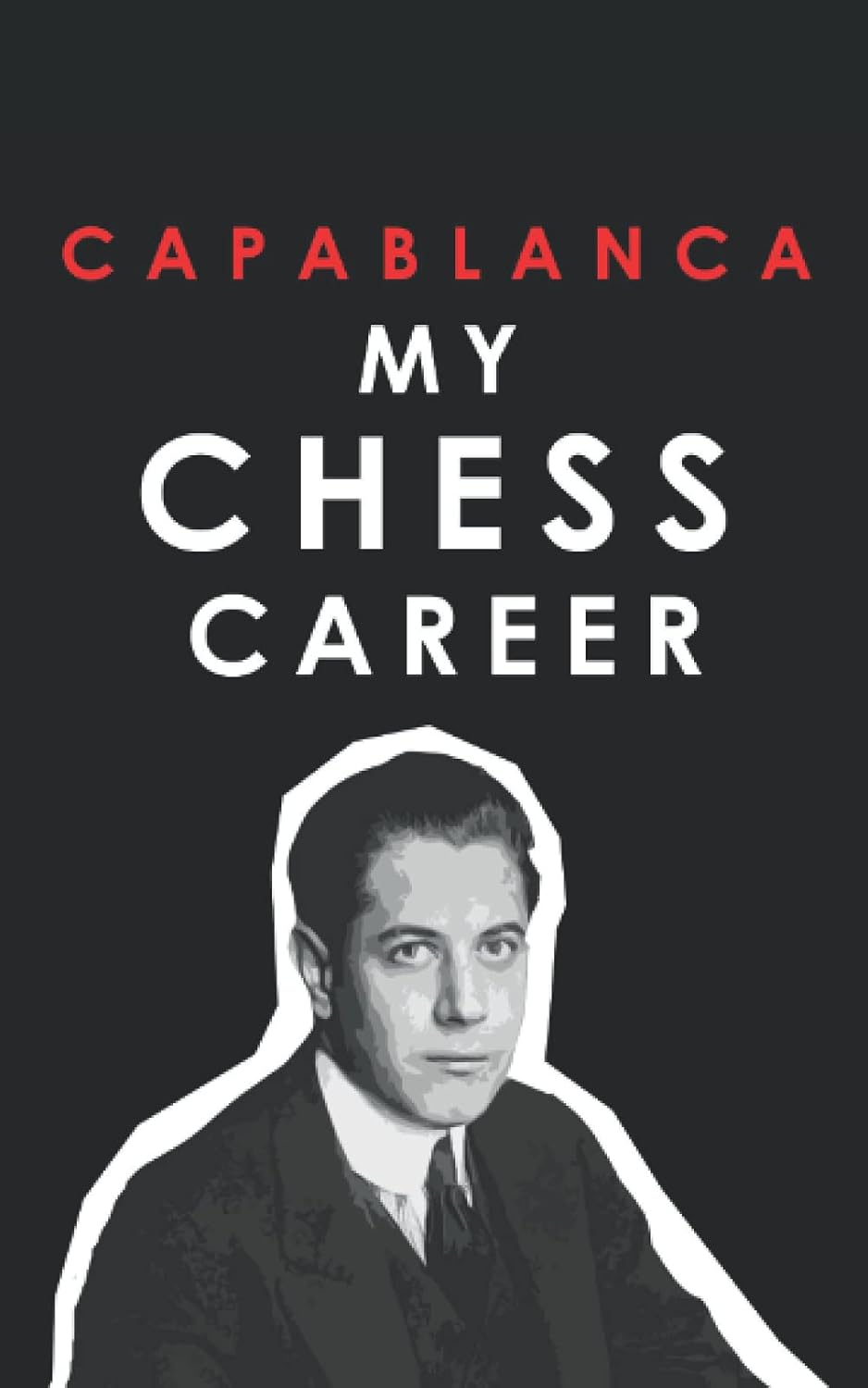
My Chess Career
1920
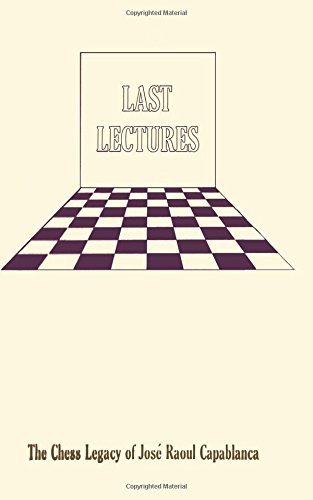
Last Lectures. The Chess Legacy of Jose Raoul Capablanca
1966

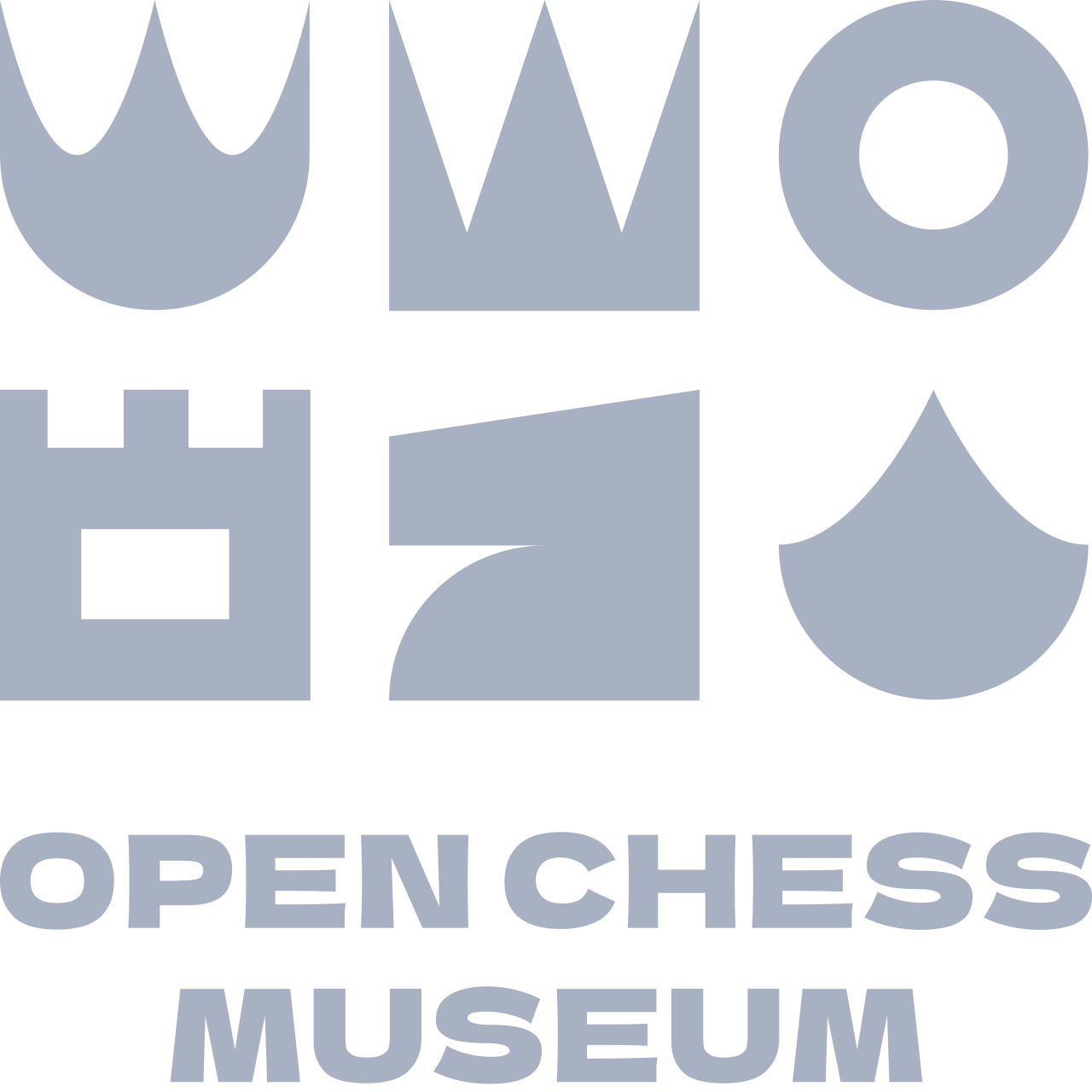


.png)
